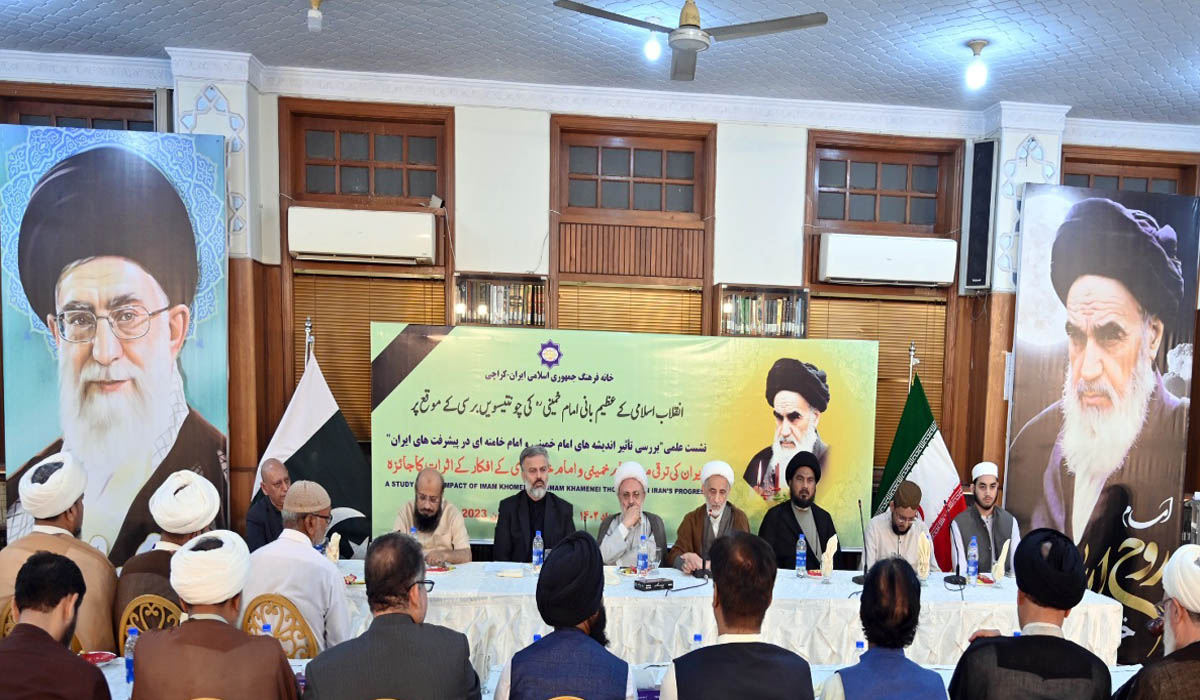KARACHI : The Acting President of the Korangi Association of Trade and Industry (KATI), Nighat Awan,
expressed appreciation for the caretaker government’s recent decision to fix the industrial electricity
rate at 9 cents. This move is anticipated to bring about a reduction in production costs for industries,
reinstating their competitiveness in the global market.
Awan highlighted the positive implications of this initiative, emphasizing its potential to contribute to
the economic stability and developmental trajectory of the country. The reduction in electricity costs is
seen as a crucial step to foster a more conducive environment for industrial growth.
The Acting President of KATI praised the caretaker government for its commendable efforts in the
rehabilitation and development of industries. Awan expressed optimism that this strategic decision
would not only promote industrialization but also lead to a decrease in gas consumption, subsequently
alleviating the burden of capacity charges and addressing the persistent issue of circular debt.
Nighat Awan drew attention to the challenges faced by the industrial sector, particularly in terms of
export competitiveness. With electricity previously priced at 16 cents, industries struggled to compete
with imports, resulting in a surge in imports and a concerning decline in exports. Awan emphasized that
KATI had originally proposed the reduction to 9 cents, underscoring the importance of providing
affordable and uninterrupted power to stimulate production.
The Acting President of KATI outlined the multifaceted benefits of this decision, predicting increased
production, heightened power consumption, timely bill payments, and a reduction in the circular debt
within the energy sector. Awan asserted that KATI stands ready to fully support this initiative, expecting
a positive ripple effect on productivity in various industrial zones, including Korangi.
Nighat Awan appealed to the government, urging swift implementation of the decision to reduce the
electricity price to 9 cents. This, she believes, will not only bolster exports but also contribute to curbing
inflation, marking a crucial step towards sustained economic growth and competitiveness in the global
market.


















